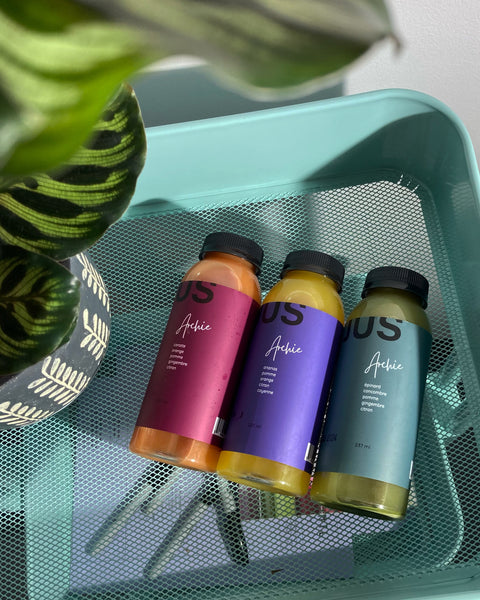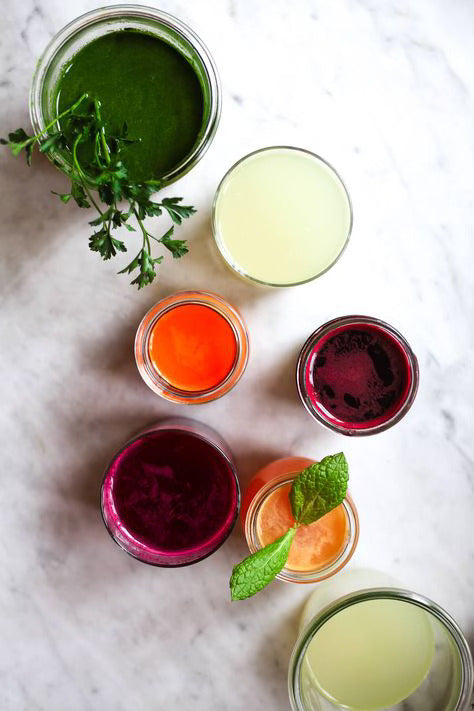
In the quest for better health and wellness, many of us reach for a bottle of juice. The juice aisle in supermarkets has expanded, offering a range of options from cold-pressed juices to traditional store-bought varieties. But what sets these two apart? Understanding the differences can help you make more informed decisions about what you're drinking and why. Let's delve into the world of cold-pressed juice versus store-bought juice to uncover what makes each unique.
Production Process
Cold Pressed Juice: Cold-pressed juice is made using a hydraulic press to extract juice from fruits and vegetables. This method applies pressure to produce juice without introducing heat, preserving the nutritional integrity of the ingredients. Cold pressing retains more vitamins, minerals, and enzymes, offering a nutrient-rich beverage.
Store-Bought Juice: Traditional store-bought juices often undergo pasteurization, a process that heats the juice to kill bacteria and extend shelf life. While effective for safety and longevity, pasteurization can degrade some of the natural enzymes and nutrients found in fruits and vegetables. Additionally, some store-bought juices may be made from concentrate, with water added back into the concentrated juice, which can further affect the nutritional value and flavor.
Nutritional Content
Cold Pressed Juice: The lack of heat in the production process means cold-pressed juices typically contain a higher level of vitamins, minerals, and enzymes compared to their store-bought counterparts. They are often made from 100% fruit and vegetable juice, with no added sugars or preservatives, providing a pure, nutrient-dense drink.
Store-Bought Juice: Store-bought juices can vary widely in nutritional content. Some may contain added sugars, preservatives, and artificial flavors, diminishing their health benefits. Nutrient levels might be lower due to the pasteurization process, and juices from concentrate may lack the freshness and full spectrum of nutrients found in fresh, cold-pressed juices.
Taste and Quality
Cold Pressed Juice: Many people find that cold-pressed juice offers a fresher, more vibrant taste compared to store-bought juices. The gentle extraction process results in a juice that's closer to the natural state of its ingredients, offering a pure, clean flavor.
Store-Bought Juice: The taste of store-bought juices can be affected by the pasteurization process and the addition of concentrates, sugars, and flavors. While some high-quality options exist, others may taste less fresh and more processed.
Shelf Life
Cold Pressed Juice: Due to the lack of pasteurization, cold-pressed juices have a shorter shelf life and must be consumed relatively quickly after production. This is a small trade-off for the higher nutritional value and fresher taste.
Store-Bought Juice: The pasteurization process extends the shelf life of store-bought juices significantly, making them a more convenient option for those who prefer to buy in bulk or consume juice less frequently.
Price
Cold Pressed Juice: The specialized production process and the high quantity of fruits and vegetables needed to produce a single bottle make cold-pressed juices generally more expensive than store-bought options.
Store-Bought Juice: Typically, store-bought juices are more affordable due to the economies of scale in their production processes and longer shelf life, which reduces waste.
Conclusion






